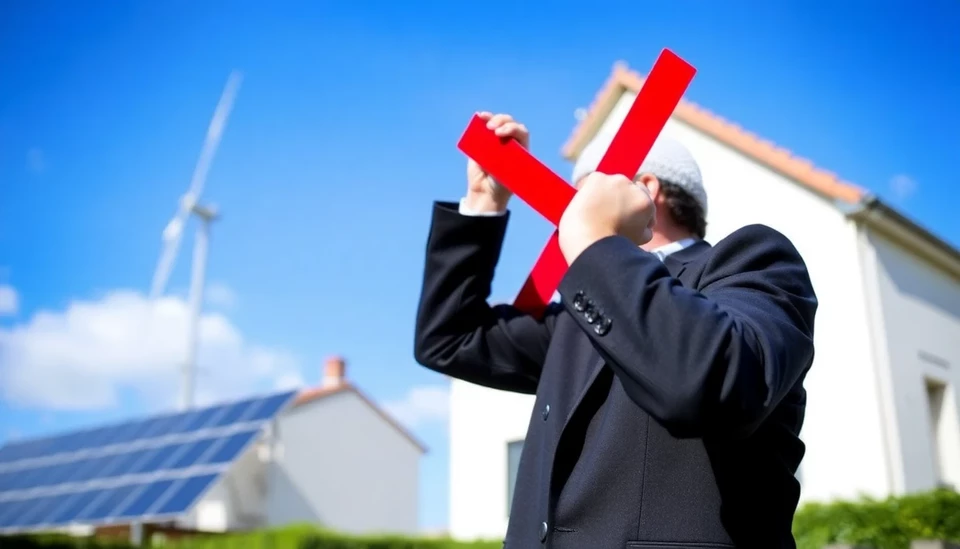
In a recent development that has sent shockwaves through the French renewable energy sector, solar energy advocacy groups are expressing strong dissatisfaction with the government’s latest revisions to energy subsidies. Despite attempts to ease the impact of previously proposed cuts, solar lobbies argue that the new measures still jeopardize the growth and sustainability of the solar industry in France.
The French government initially proposed significant reductions to the financial support provided for solar energy projects, a move that was met with fierce opposition from environmentalists and industry stakeholders alike. After facing pushback, authorities attempted to revise these cuts with modifications intended to soften the blow. However, these changes have not been adequate to appease critics, who claim that they fail to provide the necessary support to ensure the sector’s vitality.
Leading solar organizations have pointed out that the updated subsidies do not align with the increasing costs of raw materials and project development. The original proposal aimed at reducing overall expenditures in the renewable energy sector, but critics argue that the adjustments are insufficient for addressing the financial strains faced by solar developers. Many industry figures fear that the reduction in support will slow down solar deployment and delay France’s transition towards cleaner energy sources.
The stakes are high, as France aims to increase its renewable energy portfolio in line with European Union climate targets. Solar energy has become a crucial component in the push for cleaner alternatives, and stakeholders worry that inadequate support might result in technological stagnation and job losses within the sector. Furthermore, the cuts could lead to broader economic repercussions as investment in green energy initiatives is discouraged.
In their defense, government officials maintain that the subsidy adjustments are necessary to ensure a balanced approach in funding various energy projects. They argue that the revisions consider a wider array of fiscal responsibilities while still prioritizing the need for renewable energy growth. Nevertheless, solar advocates see this as a missed opportunity for the government to genuinely invest in a sustainable future.
As the tension between the government and solar lobbies escalates, industry leaders are strategizing their next moves, which may include mobilizing public opinion and advocacy campaigns aimed at reversing the cuts. There is a growing sense of urgency among stakeholders to highlight the importance of solar energy as a pillar of France's ecological transition, with calls for stronger government commitment to support transformative energy initiatives.
In conclusion, while the recent adjustments to subsidy cuts were made in an attempt to address concerns from the solar sector, the consensus among industry advocates is that more needs to be done to provide a solid foundation for the growth of renewable energy in France. The response, reactions, and potential fallout from these subsidies will shape the direction of not just the solar sector, but the broader conversation on renewable energy in the country for years to come.
#FrenchSolar #RenewableEnergy #SolarSubsidies #ClimateAction #GreenEnergy #EnergyTransition
Author: Sophie Bennett




